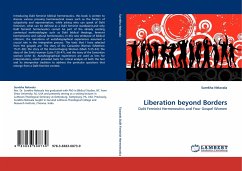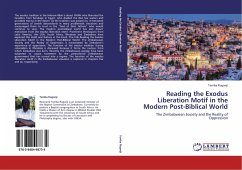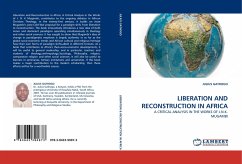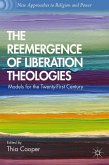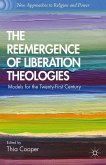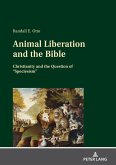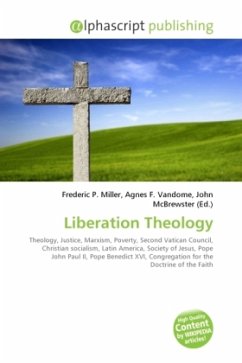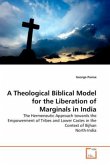Introducing Dalit feminist biblical hermeneutics, this book is written to discuss various pressing hermeneutical issues such as the factors of subjectivity and representation, while asking who can speak of Dalit feminism, what can be defined as a Dalit feminist standpoint,and why Dalit feminist hermeneutics cannot be part of the already existing contextual methodologies such as Dalit biblical theology, feminist hermeneutics and cultural hermeneutics. In this new endeavor of biblical criticism, the narrations of auto/biographical experiences assumed a crucial role in the interpretive process. The texts that I have selected from the gospels are: The story of the Canaanite Woman (Matthew 15:21-28); the story of the Hemorrhaging Woman (Mark 5:25-34); the story of the Sinful woman (Luke 7:36-47), and the story of the Samaritan woman (John 4). Auto/biographical experiences are used as lens for interpretation, which provided tools for critical analysis of both the text and its interpretive tradition to address the particular questions that emerge from a Dalit feminist context.
Bitte wählen Sie Ihr Anliegen aus.
Rechnungen
Retourenschein anfordern
Bestellstatus
Storno

